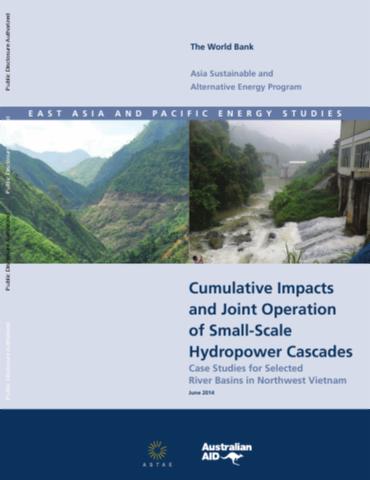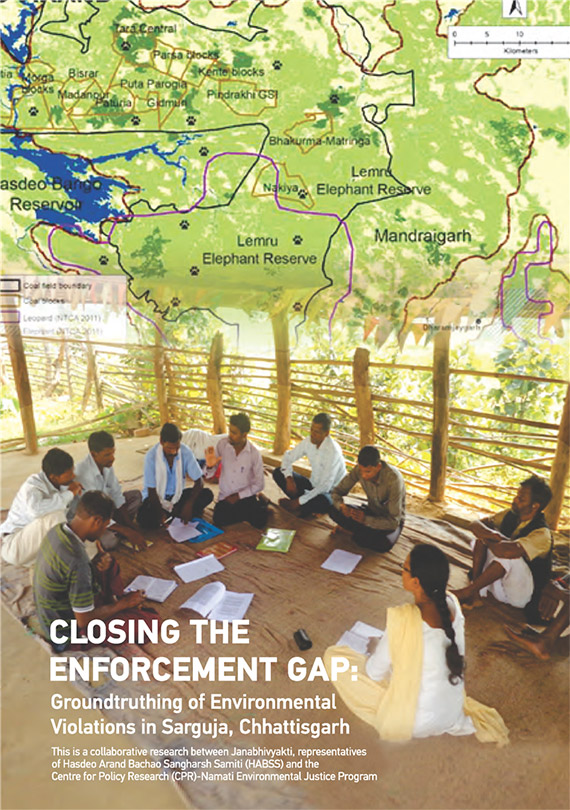Cumulative Impacts and Joint Operation of Small-Scale Hydropower Cascades
Increasing energy demands and concerns about global warming call for an increase in energy generation from renewable sources. Small hydropower plants represent a significant contribution to meet this demand. But the optimal use of this resource in a sustainable manner still remains a challenge. A cascade of small dams may have detrimental impacts on the environment and water use without implementation of proper mitigation measures and planning.




